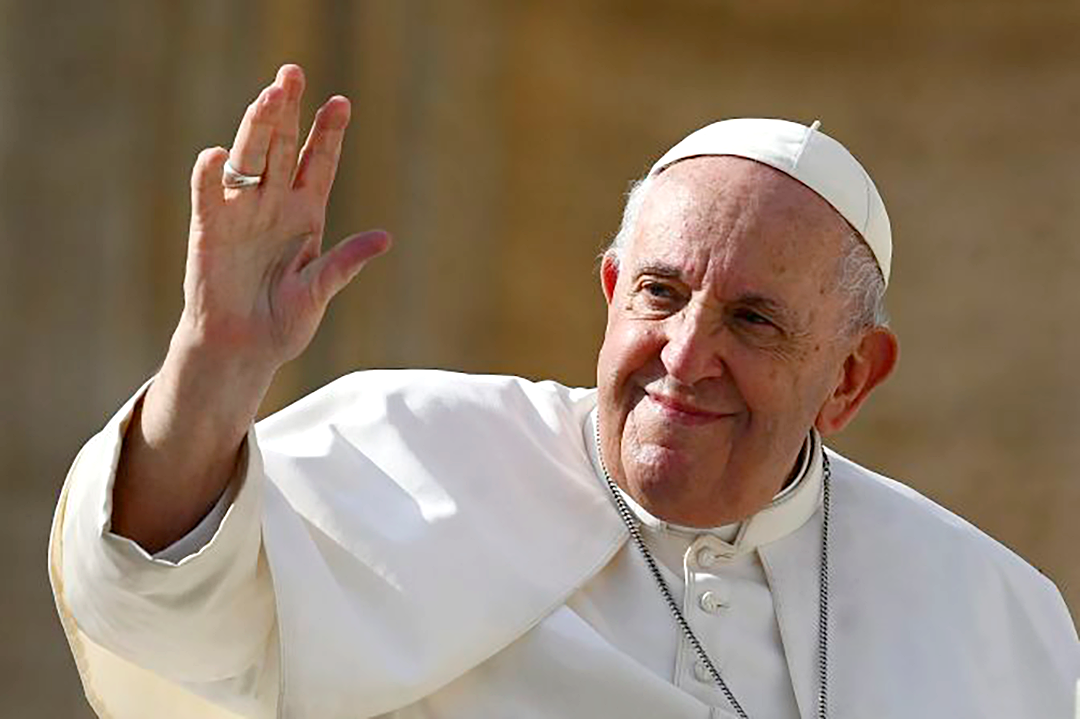A Leader of Light: Remembering Pope Francis and the Church He Tried to Heal
Vincenzo Pinto/AFP/Getty Images
I woke early on Easter Monday to the news that Pope Francis had died.
Though I am not Catholic, the weight of that headline hit me in the chest. It was not just the death of a man—it felt like the dimming of a rare light in a church that too often casts shadows.
For 21 years, I served in the United Methodist Church, eventually stepping into a judicatory/administrative leadership role in the Greater Northwest Area before making the decision to step away in 2021. That decision wasn’t easy. It came after years of working from within to shift the internal culture of the church toward justice, inclusion, integrity, truth, and bold action. I gave that fight everything I had. But at some point, the institutional resistance outpaced the fuel I had left. I pivoted instead to broader social change work, still deeply rooted in faith, but unbound from the weight of ecclesial bureaucracy and institutional anxiety.
It was in that space—post-denominational yet spiritually grounded—that I found myself increasingly inspired by Pope Francis.
He wasn’t supposed to be Pope. Jorge Mario Bergoglio had reportedly resisted the call during the 2013 conclave. A humble Jesuit, he saw leadership not as conquest but as service. And that’s precisely what made him the right leader for such a time as this. When he finally accepted the role, he chose the name “Francis” in honor of Saint Francis of Assisi—the patron saint of the poor. That choice alone sent shockwaves. It was a signal of a different kind of papacy—one that prioritized humility over hierarchy, proximity over power.
And Francis lived that out. He declined the lavish papal apartment, choosing instead to reside in a modest guesthouse. He washed the feet of prisoners and Muslims. He opened the doors of the Vatican to refugees. He spoke openly about climate change, economic inequality, and the need for LGBTQ inclusion—even as conservative factions within the Church bristled at his every move.
But what struck me most was not just his policies—it was his posture.
Pope Francis embodied the teachings of Jesus Christ in their most human, most radical form. He didn’t preach down to us; he walked among us. He didn’t build walls of doctrine; he built bridges of dialogue. In a time when so much of American Christianity, particularly in its evangelical and non-denominational expressions, has swung toward nationalism, exclusion, and performative faith, Pope Francis called us back to the heart of the gospel: love God, love your neighbor.
Of course, his tenure was not without controversy. The Catholic Church’s legacy of abuse, discrimination, and institutional secrecy is not healed by one man, no matter how holy. Francis faced resistance from within the Vatican itself, and some of his efforts at reform were slowed, stalled, or outright opposed. But still, he tried. And in that trying, he modeled what real leadership looks like: not perfection, but perseverance; not arrogance, but humility; not conquest, but compassion.
For those of us who have tried to reform from within—who have risked, labored, and ultimately let go—Pope Francis gave us hope. He reminded us that the fight for justice inside faith traditions is not in vain, that leadership rooted in love still matters, and that even when we feel like we’ve run out of juice, someone else is carrying the flame.
Since hearing the news of his death, I have mourned his passing. But more than that, I want to honor his legacy as a Pope and a human being who dared to live his convictions in full view of a watching world.
May we have the courage to do the same.
